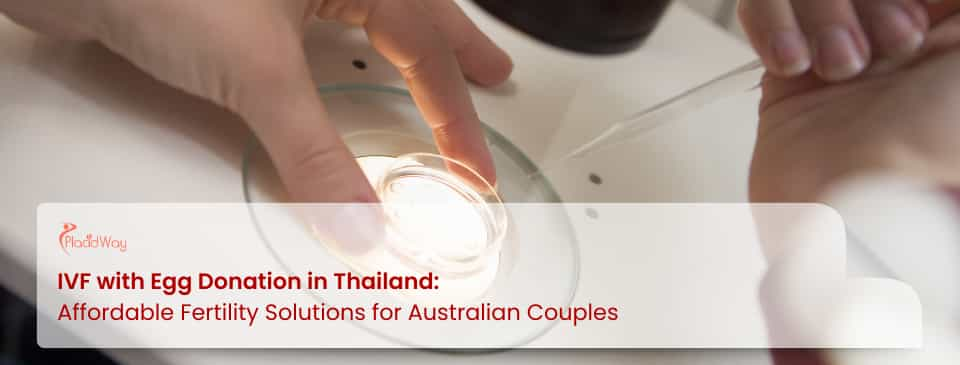
For Australian couples facing infertility, Thailand has emerged as a beacon of hope, offering in vitro fertilization (IVF) with egg donation programs that combine high success rates, advanced technology, and a fraction of the cost found in Australia.
The journey of infertility can be emotionally and financially taxing. For many Australian couples, the prohibitive cost of fertility treatments and the long waiting lists for donor eggs at home often make a family seem out of reach.
Thailand's world-class medical tourism infrastructure, coupled with its highly skilled fertility specialists and a more accessible egg donation process, presents a viable and attractive alternative. This guide will provide a detailed overview of what to expect, from understanding the legal landscape and costs to choosing a clinic and preparing for your journey.
Key Takeaways
-
Australian couples can save 50%-70% on the total cost of an IVF cycle with egg donation by choosing to undergo treatment in Thailand.
-
The average cost for an IVF cycle with an egg donation package in Thailand is between $10,000 and $15,000 AUD, which includes the donor's fees and medications.
-
In Australia, a single IVF cycle with a clinic-recruited donor can cost upwards of $20,000 to $30,000 AUD (estimated out-of-pocket), not including the donor's expenses.
-
Thai law permits IVF treatments exclusively for legally married, heterosexual couples. This is a crucial consideration for Australian patients.
-
Top fertility clinics in Thailand boast success rates for IVF with egg donation that are comparable to or even exceed those in Western countries, often reaching 60-70% per cycle for women under 35.
Why Thailand is a Leading Destination for IVF with Egg Donation
Thailand's appeal for fertility tourism stems from its combination of advanced medical technology, internationally accredited clinics, and significantly lower costs, all within a supportive and culturally rich environment.
Thai fertility clinics, especially in Bangkok, are equipped with state-of-the-art technology, including in-house laboratories that utilize the latest advancements in assisted reproductive technology (ART). Many facilities hold international accreditations such as the Joint Commission International (JCI), a global gold standard for healthcare quality.
Did You Know? A key advantage of using egg donation in Thailand is the shorter waiting time. While Australian clinics may have long waiting lists for altruistic donors, Thai clinics have a streamlined process with readily available, extensively screened donors.
Understanding the Legal Landscape in Thailand
The legal framework for IVF in Thailand is a critical factor for international patients. It is essential to understand the requirements and restrictions before beginning your journey.
The Assisted Reproductive Technology (ART) Act of 2015 governs fertility treatments in Thailand. Key regulations include:
-
Marital Status: IVF and egg donation services are legally restricted to married heterosexual couples. Clinics require proof of marriage, usually a marriage certificate translated into Thai and certified by the Australian embassy.
-
Egg Donors: Egg donation is permitted, but commercial donation is strictly prohibited. Donors are compensated for their time and expenses, not for the eggs themselves. Donors must be between 20 and 35 years old and undergo thorough physical and psychological screening.
-
Recipients: The recipient woman must be a legally married wife to the male partner whose sperm will be used for fertilization.
Important Note: The laws regarding egg donation are different in Australia, where altruistic donation is the norm and commercial transactions are illegal. Thai law's clear structure, while restrictive to some, provides a clear pathway for eligible couples.
The IVF with Egg Donation Process: A Step-by-Step Guide
The IVF with egg donation process in Thailand is a meticulously managed journey, designed to optimize success rates and ensure a smooth experience for international patients.
-
Initial Consultation & Screening: The journey begins with a remote consultation with a fertility specialist to review your medical history and test results. Some tests can be performed in Australia before you travel.
-
Donor Selection: The clinic will provide a profile of potential egg donors. These profiles include detailed information about the donor's medical history, physical characteristics, and education, but maintain their anonymity.
-
Treatment Cycle Synchronization: The donor's cycle is synchronized with the recipient's cycle using hormonal medications.
-
Egg Retrieval: The eggs are retrieved from the donor's ovaries in a minor outpatient procedure.
-
Fertilization & Embryo Culture: The retrieved eggs are fertilized with the partner's sperm in the lab. The resulting embryos are monitored for several days.
-
Embryo Transfer: The highest-quality embryo is transferred into the recipient’s uterus. This procedure is quick and typically painless.
-
Post-Transfer & Two-Week Wait: The patient remains in Thailand for a few days to a week after the transfer. The "two-week wait" for a pregnancy test begins.
-
Return Home & Follow-up: You can return to Australia and have your local doctor monitor the pregnancy. The Thai clinic will provide all necessary documentation and ongoing support.

Cost of IVF with Egg Donation: Thailand vs. Australia
The significant cost difference between Thailand and Australia is a primary driver for medical tourism. The savings are substantial, even when factoring in travel and accommodation.
The costs below are estimates and can vary based on the clinic, the number of eggs received, and any additional services required (e.g., genetic testing).
Note: The Australian costs represent the out-of-pocket expenses after Medicare rebates and private health insurance. The total upfront cost is significantly higher.
Preparing for Your Trip: Travel and Health Considerations
Proper preparation is key to a successful and stress-free fertility journey abroad. You'll need to consider travel logistics, timing, and emotional support.
-
Timing: An IVF cycle with egg donation typically requires a stay of 14-21 days in Thailand. It's important to schedule your trip to align with the treatment protocol.
-
Travel Insurance: Ensure you have comprehensive travel insurance that covers medical emergencies, but note that it is unlikely to cover the IVF treatment itself.
-
Documentation: Prepare all necessary legal documents, including your passport, marriage certificate (with a certified Thai translation), and medical records from your Australian doctors.
-
Emotional Support: The process can be emotionally challenging. Consider bringing a partner or a close friend for support. Many clinics offer counseling services to help you navigate this journey.
Frequently Asked Questions
Here are the answers to some of the most common questions Australian couples have about IVF with egg donation in Thailand.
What are the success rates of IVF with egg donation in Thailand?
Success rates are highly dependent on the clinic and the age of the egg donor. Reputable clinics in Thailand report success rates for clinical pregnancy of 60-70% per cycle, which is on par with, or even higher than, many clinics in Australia, thanks to the younger donor pool.
How are egg donors screened in Thailand?
Egg donors in Thailand undergo rigorous screening, including physical examinations, psychological assessments, genetic testing, and infectious disease screenings to ensure their health and safety, as well as the safety of the recipient and future child.
Can a single woman or a same-sex couple undergo IVF with egg donation in Thailand?
No, Thai law currently permits IVF treatment only for legally married, heterosexual couples. Single women or same-sex couples are advised to explore other destinations with more inclusive laws.
Is it safe to travel during the IVF cycle and after embryo transfer?
It is generally safe to travel during the early stages of the cycle, and your doctor will advise you on the best time to fly home after the embryo transfer. It is recommended to have a few days of rest after the transfer before traveling.
Will my Australian health insurance cover the treatment?
No, Australian private health insurance and Medicare do not cover fertility treatments performed overseas. You must be prepared to pay the full cost out of pocket.
What if I have unused embryos?
Unused embryos can be cryopreserved (frozen) for future use. Thai law has specific regulations regarding embryo storage and usage, which your clinic will explain in detail.
Ready to Start Your Family?
PlacidWay connects you with top-rated, JCI-accredited fertility clinics in Thailand that specialize in IVF with egg donation for international patients. We offer personalized support, transparent pricing, and a commitment to helping you achieve your dream of parenthood.


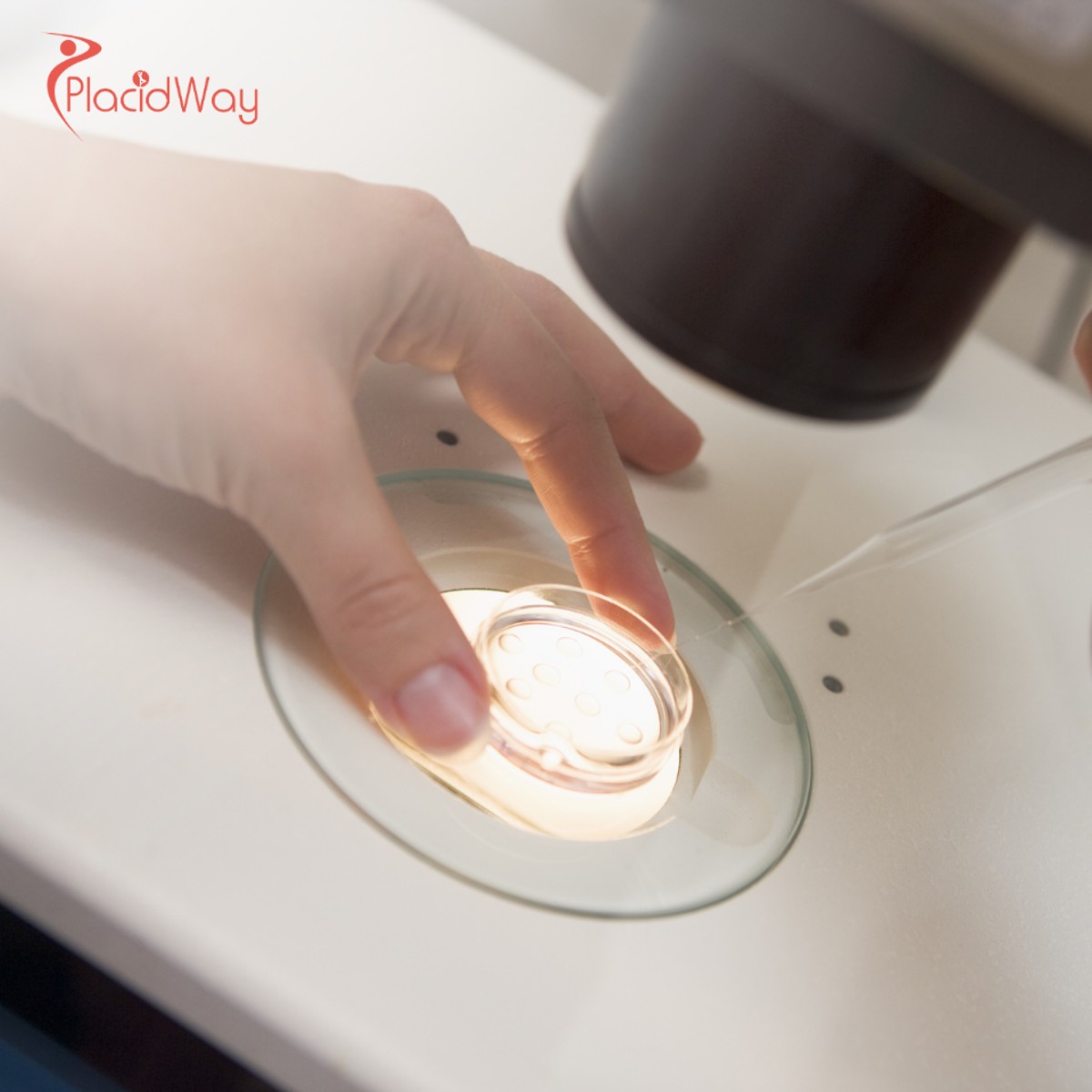
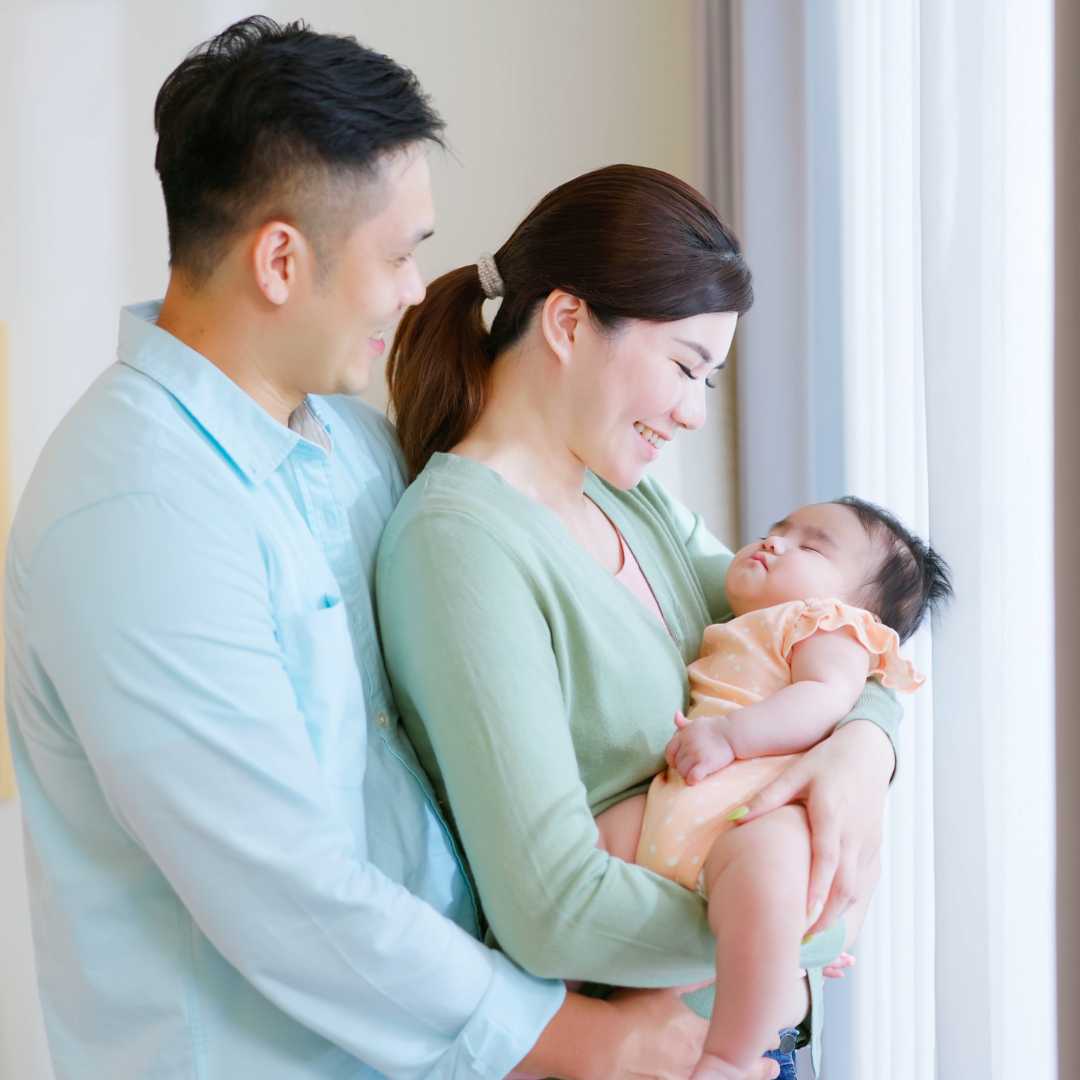
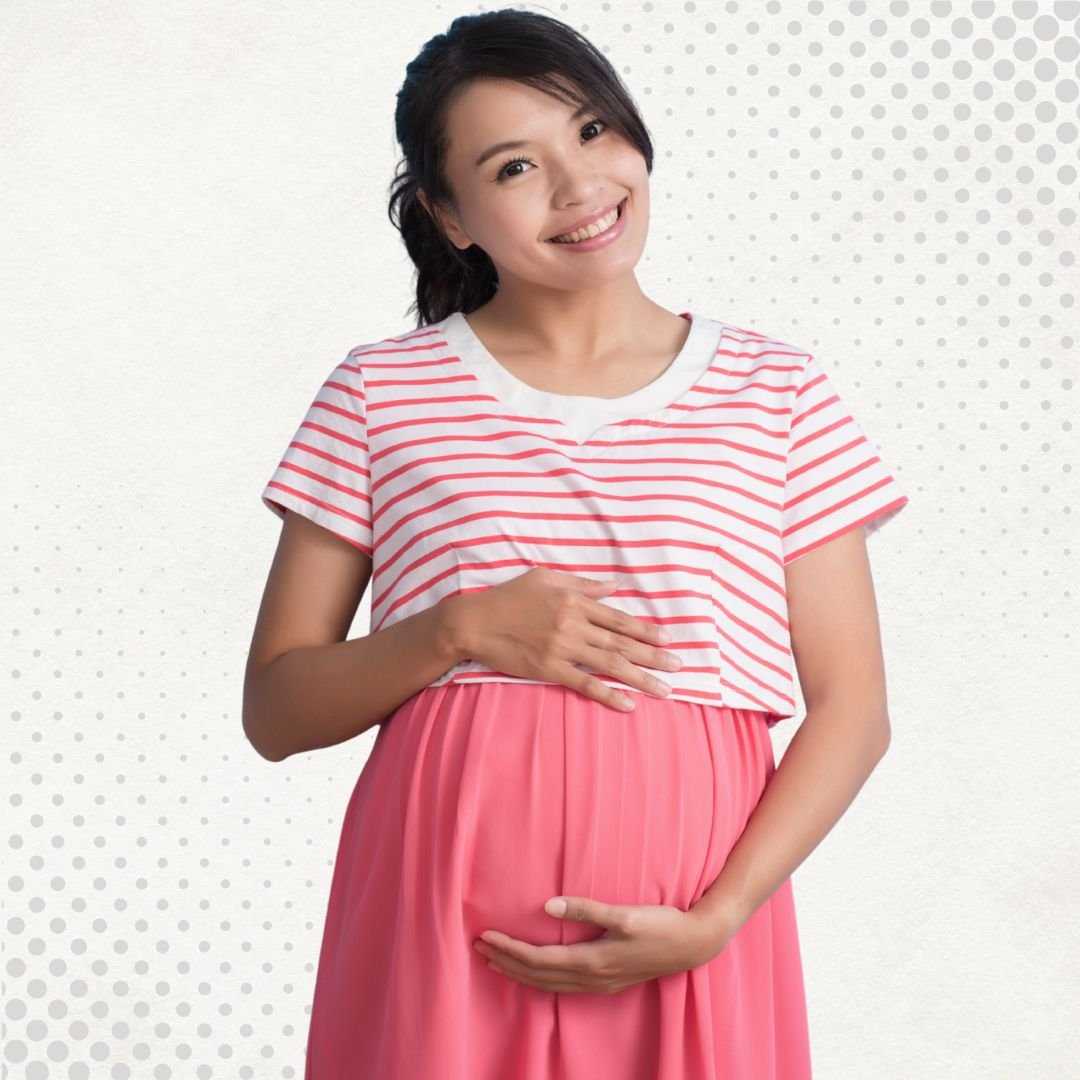
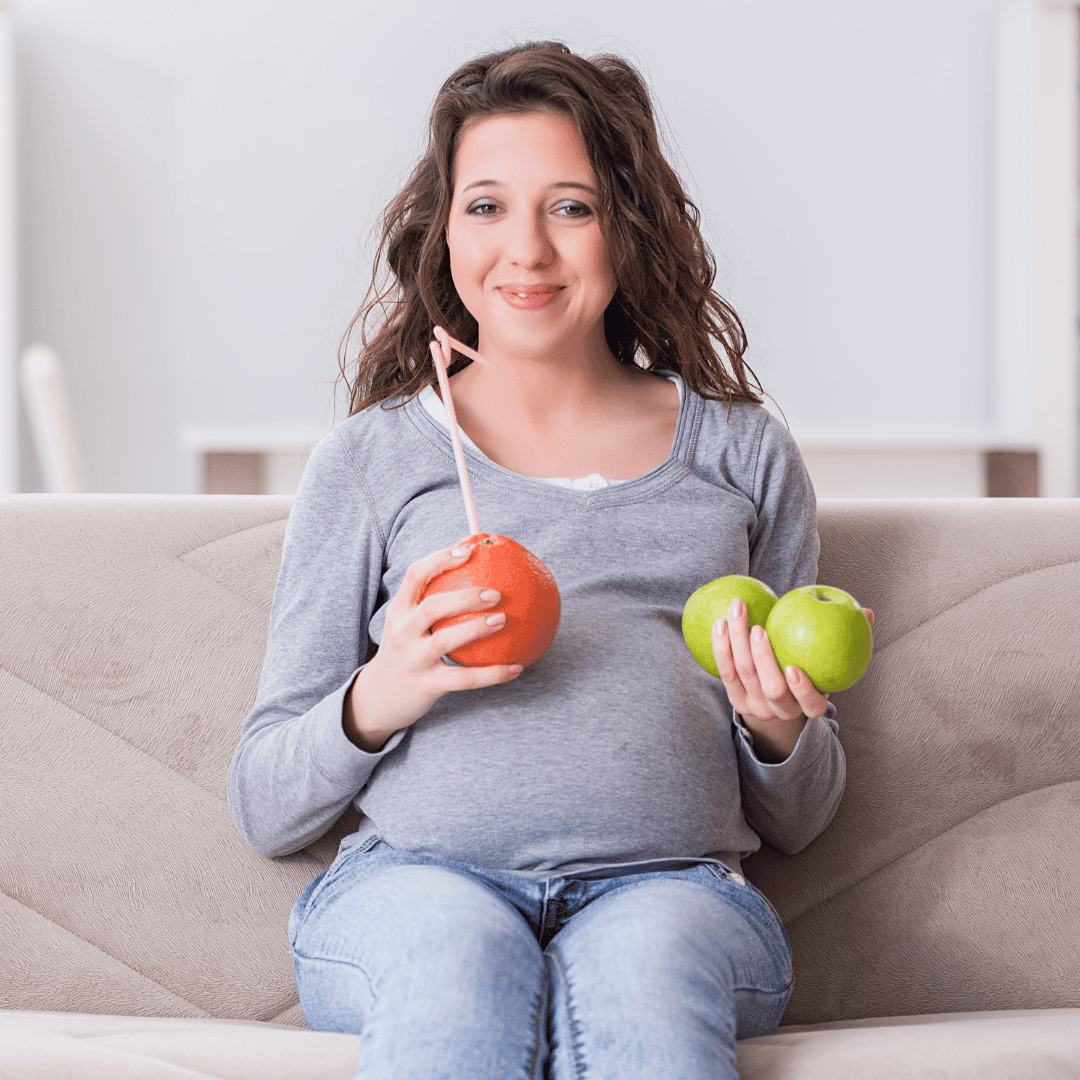
.png)

.png)
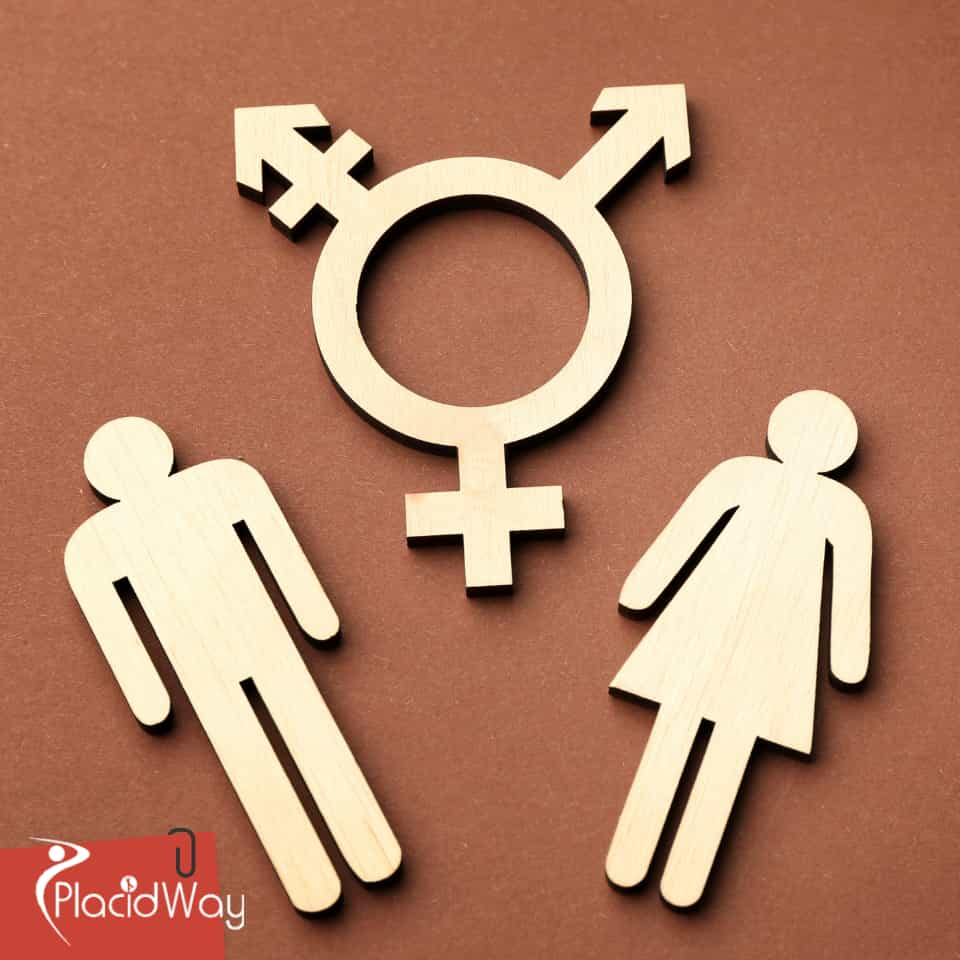
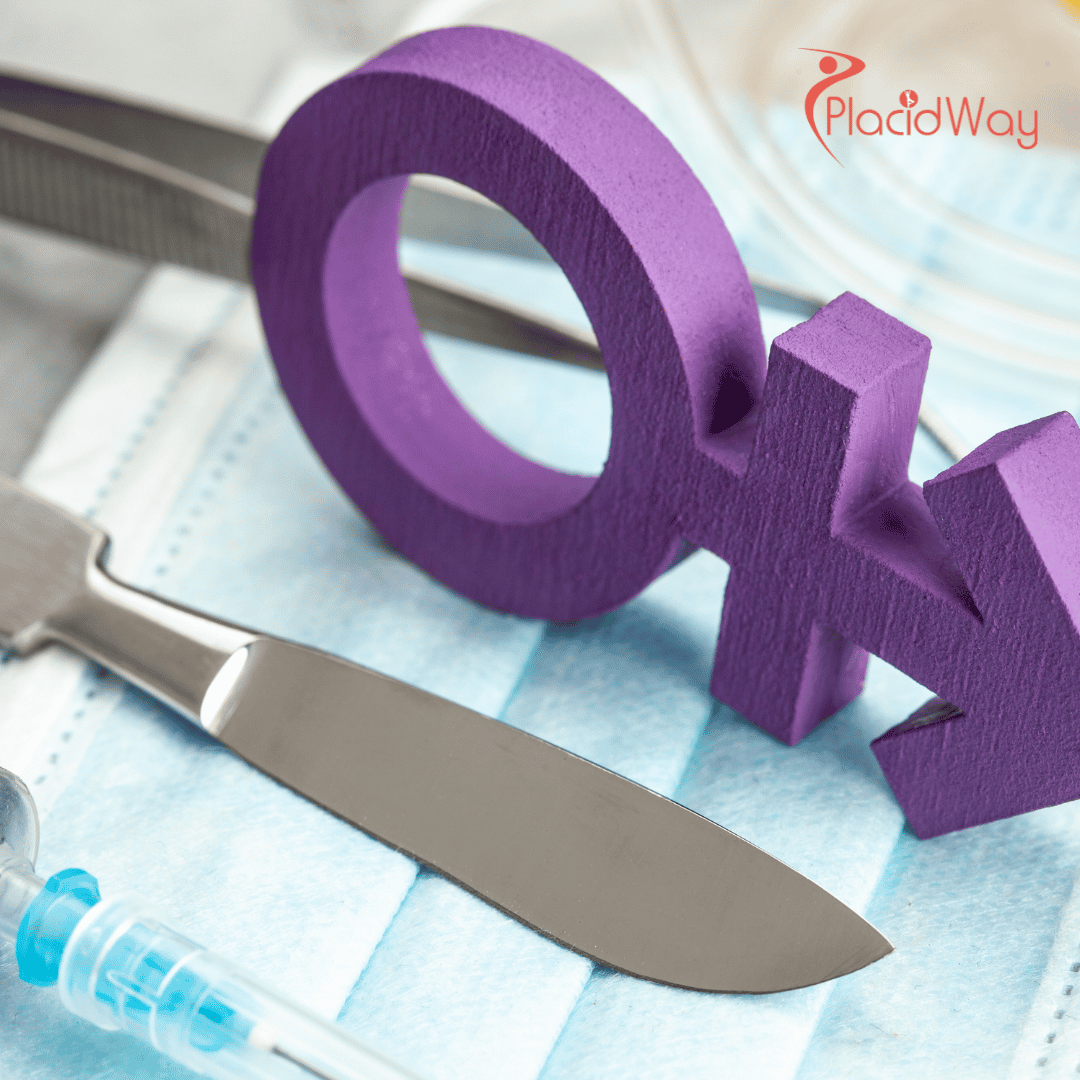
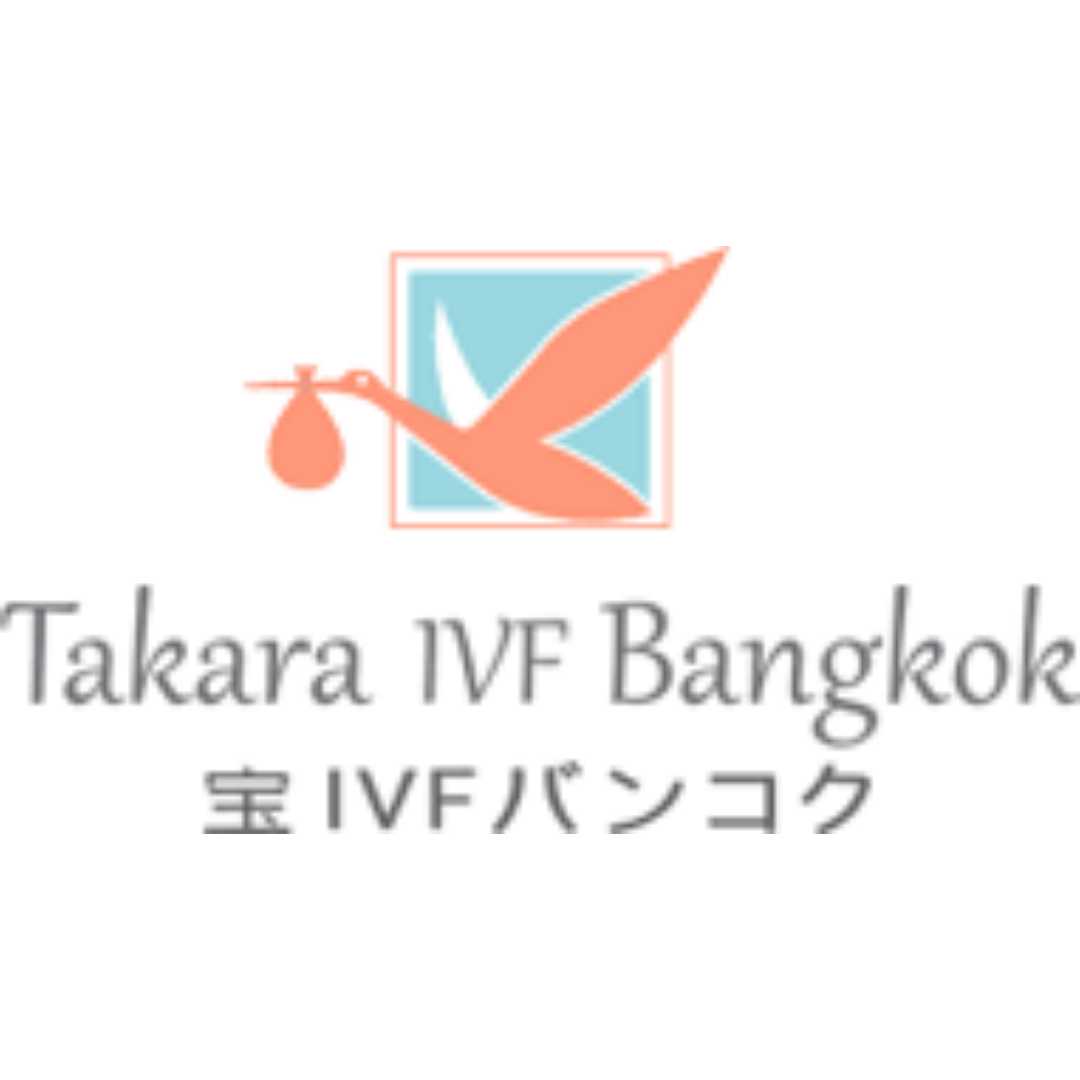
.png)
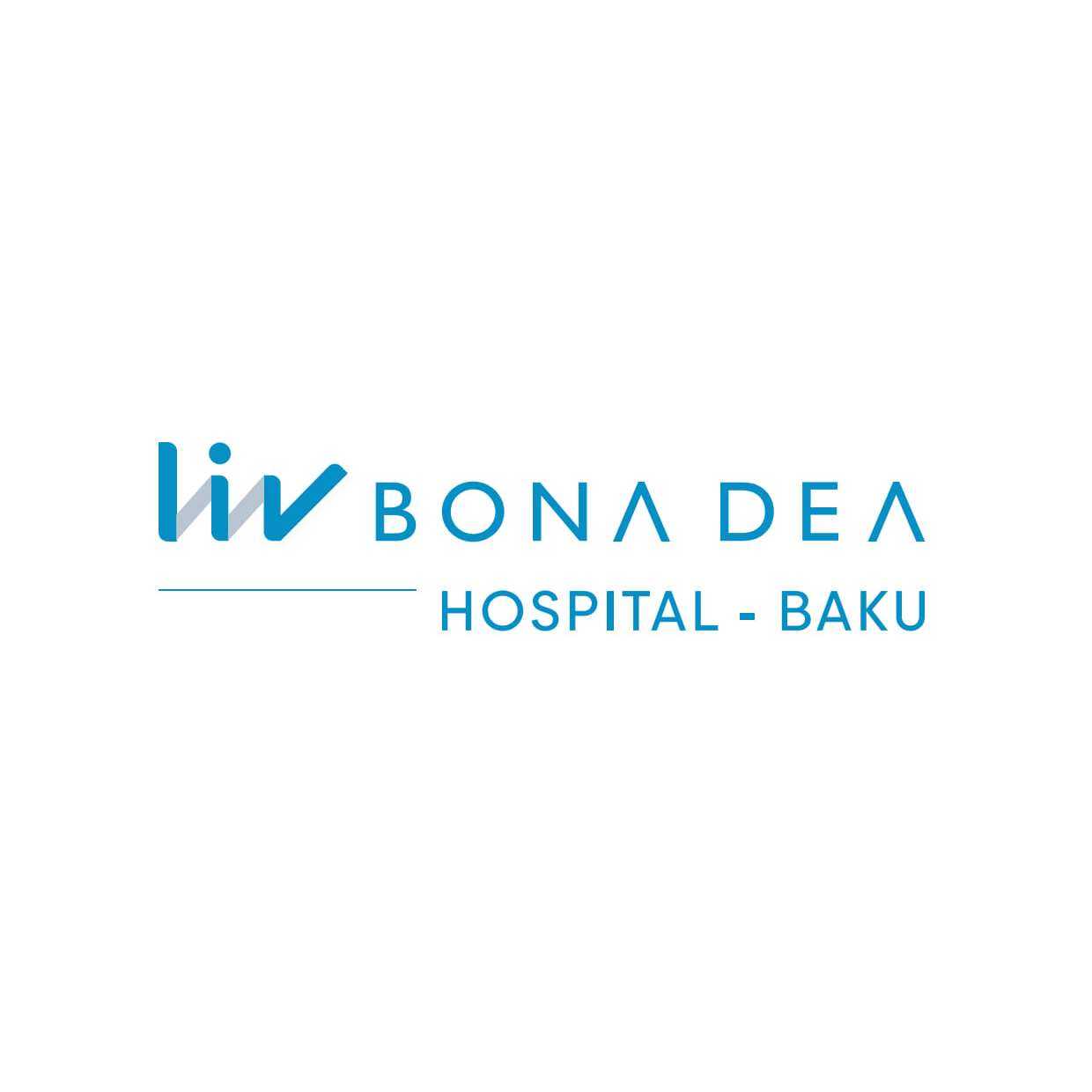
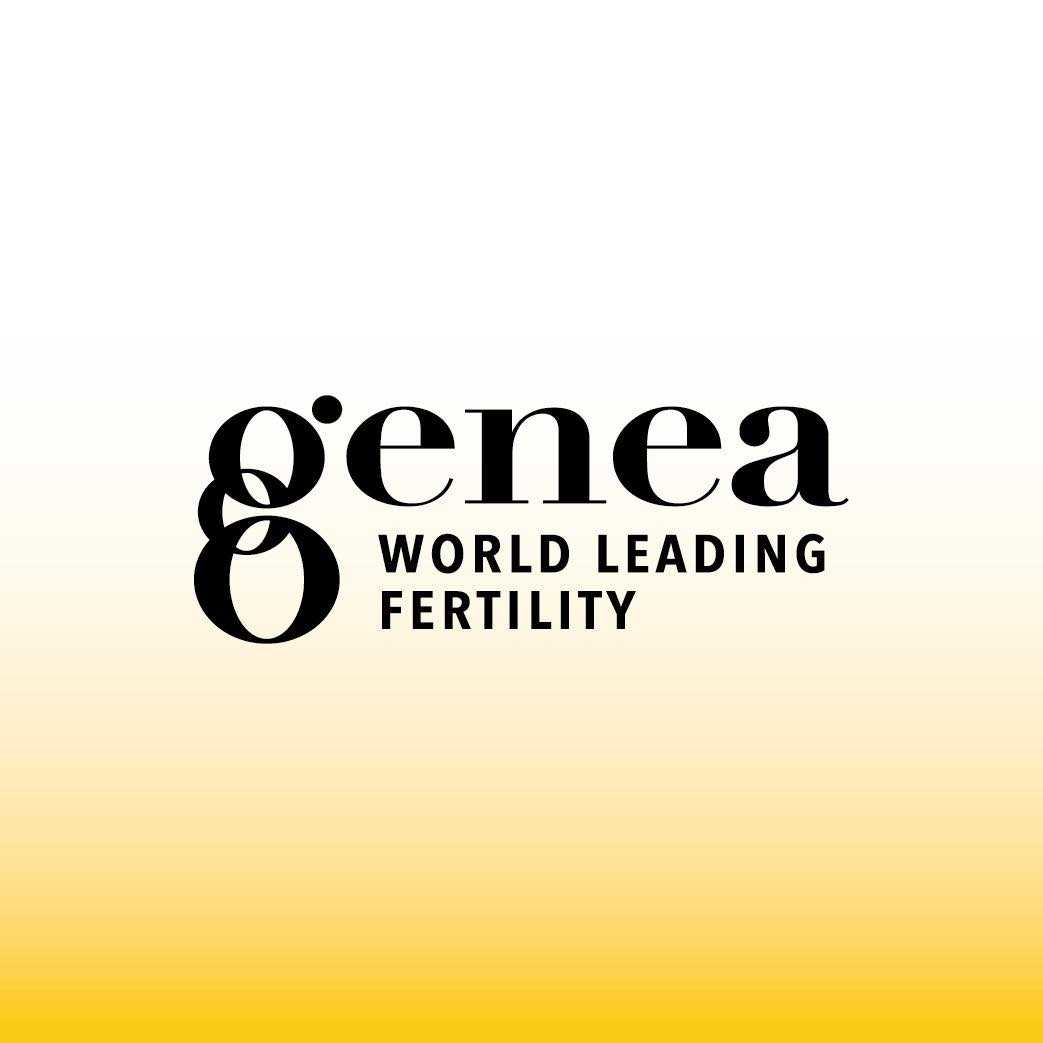
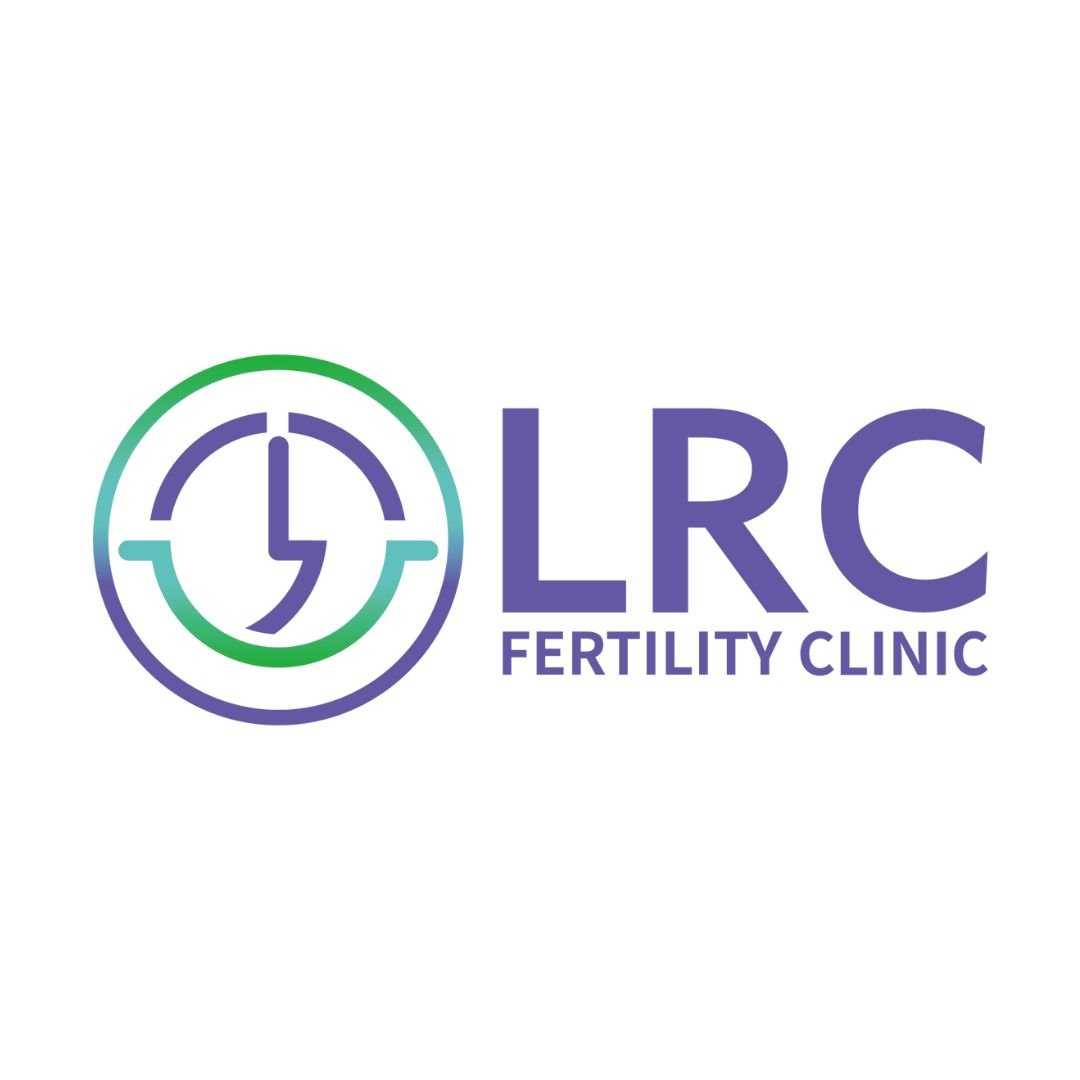

Share this listing